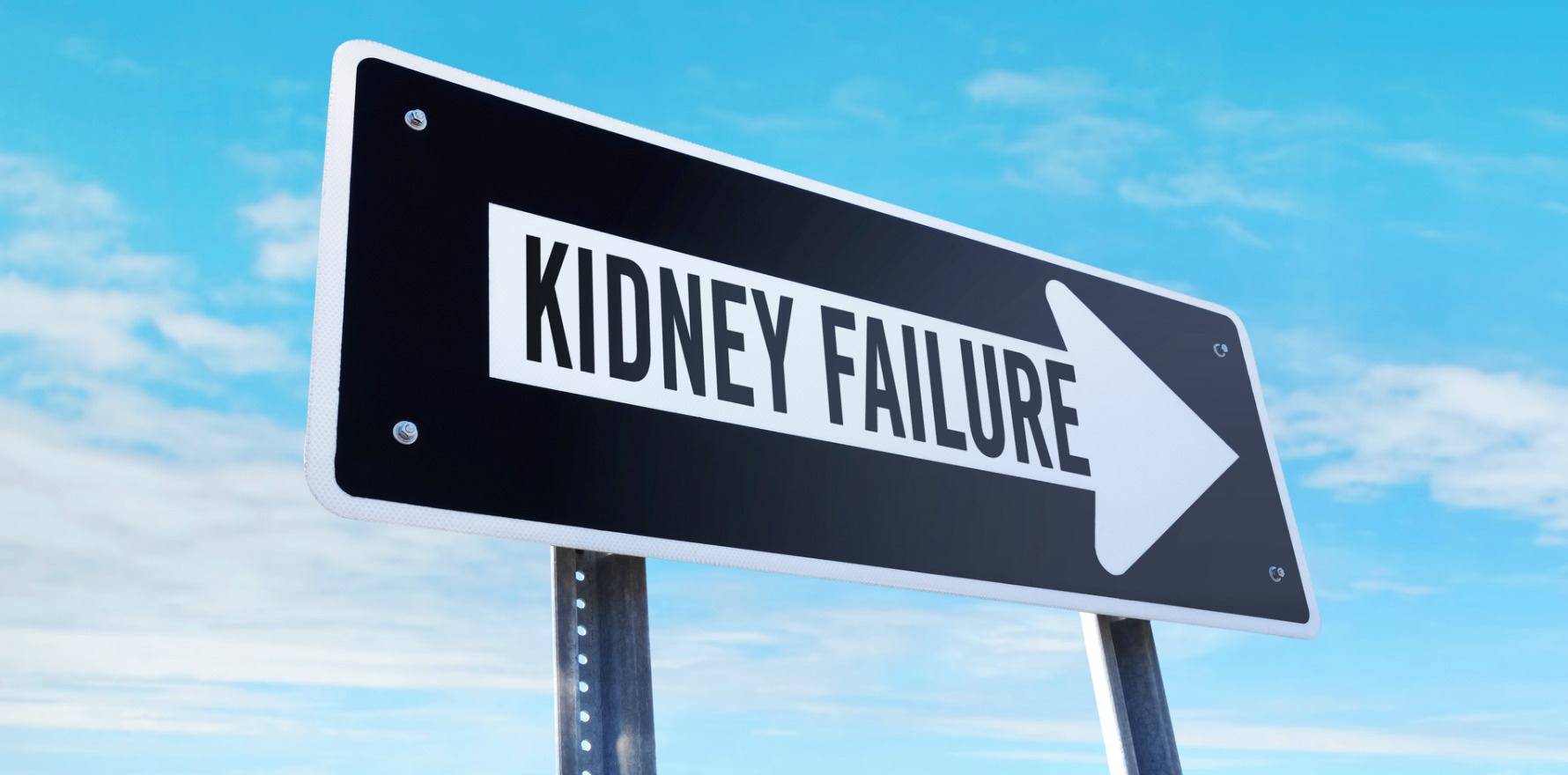For a small price, a screening program would save many lives and money downstream with fewer hospitalisations.
Every doctor has to break difficult news to their patients from time to time. But there’s one diagnosis I have truly come to dread: kidney failure.
As an endocrinologist who specialises in diabetes, kidney failure always makes my heart sink because I know the treatment will turn my patient’s life upside down. The main treatment for kidney failure is dialysis – the mechanical removal of waste products and excess fluid from your blood to do what your kidneys have stopped doing.
It’s a huge physical and emotional commitment. The most common form of dialysis requires a patient to attend a hospital or health service for three to four sessions a week, and each session takes about four hours. That’s around 60 hours a month being connected to a dialysis machine via a needle and 150 hospital visits a year.
Once dialysis starts, it needs to continue until a kidney transplant is done. If a transplant isn’t possible, dialysis is required indefinitely. Without dialysis, people with kidney failure die rapidly.
Another reason I loathe kidney failure is because it immediately increases the chance of other life-threatening cardiovascular problems such as stroke, heart failure and heart attack – a grim addition that often requires extra monitoring.
Then there’s the question of a kidney transplant. It currently takes 2.5 to 7 years to receive a kidney from a deceased donor in Australia due to ever-expanding waiting lists. Seven years is usually too late to save your life, unless you can find a friend or relative who is willing and suitable to donate their kidney to you.
And here’s the bit that pains me most. For many people diagnosed with this awful condition, it could have been prevented by an early detection system. If you pick up kidney disease early through regular testing, there are good medicines to stop it or slow it down.
A new report, released last week, highlights the enormous potential for detecting kidney problems in people with diabetes sooner, so they can avoid kidney failure, and live a longer, happier life without the physical, emotional and financial toll of dialysis.
The report, produced by the Australian Centre for Accelerating Diabetes Innovations for Diabetes Australia, found one in 20 hospital admissions currently involve someone with diabetes having dialysis. That’s more than 10,000 people in Australia today. Without action to slow this trend down, that number is forecast to increase 45% by 2040.
These admissions are devastating for the people affected, including a growing cohort of middle-aged people in the prime of their life, and they’re costly for taxpayers. Diabetes-related kidney disease is costing Australia about $2.7 billion a year, with the majority of that cost ($1.9 billion) being spent on people living with diabetes experiencing kidney failure.
The good news is, there are ways to stop this.
At the moment, less than a quarter of people with diabetes are getting their kidneys checked within recommended timeframes, putting them at increased risk of kidney disease silently taking hold. This is happening due to low awareness of kidney disease among people with diabetes, the overall challenges of living with diabetes, and the complexity of kidney health checks, particularly for people in rural and remote areas.
If we could send information to everyone living with diabetes about kidney disease and encourage them to have kidney checks at regular intervals, we could detect a lot more cases early in the process and treat them to prevent kidney failure.
We already have the infrastructure required to set up a screening program, including the National Diabetes Service Scheme, which includes up-to-date information about people living with diabetes in Australia. This could be harnessed to send information to people with diabetes who can then work with their GPs to use existing Medicare item numbers for the tests.
Modelling suggests this will be extremely cost-effective for Australia, with every dollar spent on detection and prevention of kidney disease returning around $45 in savings. A lot of this comes from preventing dialysis admissions, which are rapidly growing in our busy public hospital system.
As a clinician, I see the human cost of kidney failure every day and I know it will continue to wreak havoc for many Australians living with diabetes now and in future.
As the Commonwealth Government investigates new ways to prevent diabetes and its complications through its current diabetes parliamentary inquiry, it should consider the benefits of a screening program for kidney disease. For a small price, we can save so many lives.
Professor Elif Ekinci is the Director of the Australian Centre for Accelerating Diabetes Innovations (ACADI) at the University of Melbourne. She is also the Sir Edward Weary Dunlop Professorial Fellow in Metabolic Medicine and the Dame Kate Campbell Fellow at the University of Melbourne.


